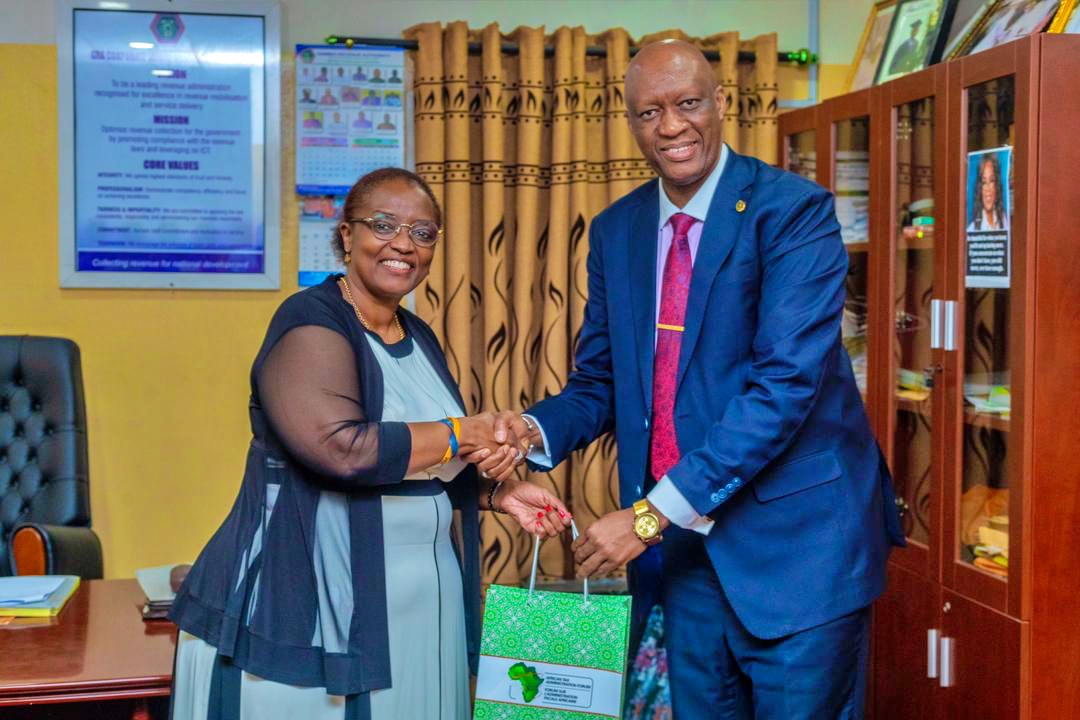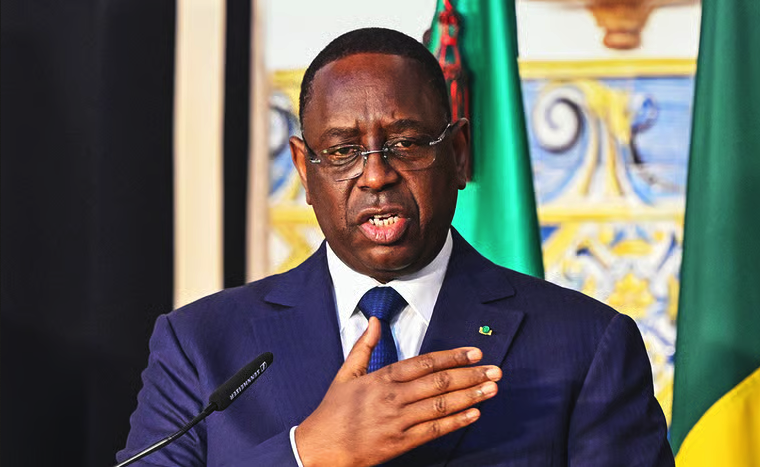Gambiaj.com – (Lagos, Nigeria) – The ECOWAS Court of Justice has ruled that the Republic of Senegal violated the fundamental rights of its citizens by shutting down internet and social media platforms during political unrest in 2023. The judgment, delivered on Tuesday in Lagos, upheld the rights to freedom of expression, access to information, and the right to work, marking a significant victory for digital rights activists across West Africa.
The case, ECW/CCJ/APP/37/23, was filed by the Association des Utilisateurs des Technologies de l’Information et de la Communication (ASUTIC) and its president, Ndiaga Gueye, an IT consultant, following nationwide restrictions on internet access imposed by the Senegalese government in June and July 2023. The shutdowns occurred amid violent protests sparked by the conviction of opposition leader Ousmane Sonko.
Court Affirms Right to Internet Access, Partially Upholds Applicants’ Claims
In a strongly worded judgment, the Court declared that the actions taken by Senegal’s Ministries of the Interior and Communication lacked legal clarity, failed the test of necessity and proportionality, and amounted to violations of key human rights enshrined in regional and international treaties.
“The Court reaffirms that access to the internet and social media is an essential derivative of the right to freedom of expression and information,” the panel stated, citing Article 9 of the African Charter on Human and Peoples’ Rights and Article 19 of the International Covenant on Civil and Political Rights (ICCPR).
The Court found that it had jurisdiction over the human rights violations alleged. It admitted claims from both ASUTIC and Mr. Gueye regarding breaches of freedom of expression and access to information. Additionally, it admitted Mr. Gueye’s claim that the shutdown adversely affected his work as an IT professional, constituting a breach of Article 15 of the African Charter and Article 6 of the International Covenant on Economic, Social and Cultural Rights (ICESCR).
However, ASUTIC’s claims relating to the right to work and freedom of assembly were deemed inadmissible. Mr. Gueye’s claim regarding freedom of assembly was also dismissed for lack of sufficient evidence.
Compensation and Orders Against Future Shutdowns
In its final orders, the ECOWAS Court declared that the internet and social media shutdowns were unlawful and violated the rights of the applicants to freedom of expression and access to information. The ruling also states that the restrictions infringed upon Mr. Gueye’s right to work. As a result, the Republic of Senegal must pay 250,000 CFA francs each to ASUTIC and Mr. Gueye as compensation for violations of freedom of expression and access to information. An additional 250,000 CFA francs must be paid to Mr. Gueye for the infringement of his right to work.
The Senegalese state is ordered further to refrain from imposing unlawful or arbitrary internet shutdowns in the future.
Government’s Justification Rejected in a Landmark for Digital Rights
During the proceedings, Senegal defended the internet shutdowns as necessary for public order and national security, arguing that the restrictions were aimed at curbing the spread of subversive messages. The Court rejected this justification, emphasizing that such measures must be grounded in clear legal frameworks and meet international human rights standards of proportionality and necessity.
Digital rights advocates across the region hailed the ruling as a landmark decision. Ndiaga Gueye, speaking outside the court, said the verdict was a “clear affirmation that digital spaces are not exempt from human rights protections.”
The judgment, rendered by a panel comprising Hon. Justice Sengu Mohamed Koroma (Presiding), Hon. Justice Dupe Atoki, and Hon. Justice Edward Amoako Asante (Rapporteur), sets a precedent for similar cases across West Africa, where internet shutdowns have increasingly become tools for suppressing dissent.
This ruling is expected to reverberate across the region, reinforcing protections against arbitrary state interference in digital communications and underlining the ECOWAS Court’s role in safeguarding fundamental rights in the digital age.










